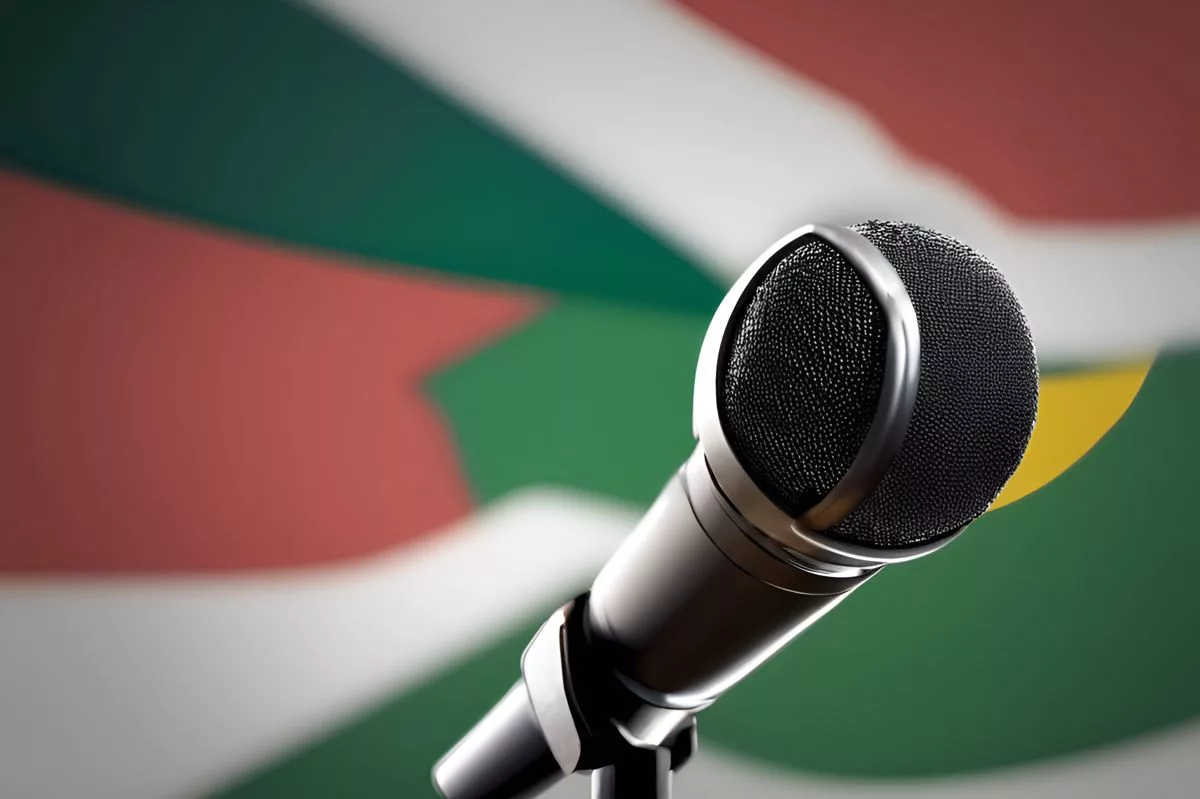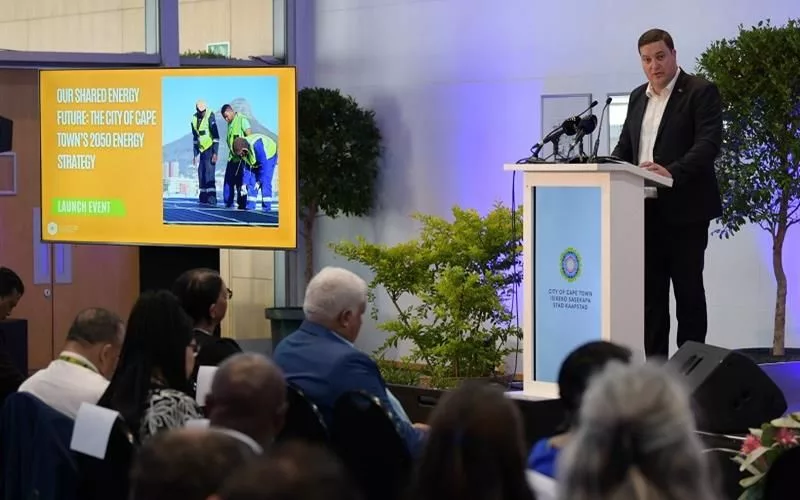South Africa’s School Governing Bodies (SGB) 2024 Elections are a crucial moment in the country’s education system, marking a dedication to democratic principles and shared responsibility. The campaign “Empower, Engage, Educate” aims to boost participation in the election process and ensure every voice counts. SGBs are integral in shaping the educational environment, and the low voter turnout in previous elections highlights the urgent need for increased participation. It’s an opportunity for every interested party to unify, contribute positively to schools, and shape the education for the future of South Africa’s youth.
What are the School Governing Bodies (SGB) 2024 Elections in South Africa?
The School Governing Bodies (SGB) 2024 Elections in South Africa mark a significant moment in the country’s education system. These elections are not only a legislative requirement but also a demonstration of the country’s dedication to democratic principles and shared responsibility. The campaign “Empower, Engage, Educate” aims to boost participation and ensure every voice counts. The Department of Basic Education will supervise the election process, and eligible parties are urged to participate in this democratic process to shape the future of education and society.
The commencement of the School Governing Bodies (SGB) 2024 Elections embodies a momentous occasion in the annals of the South African education system. This noteworthy revelation was made by Mrs Angie Motshekga, the Minister of Basic Education, during a press conference at the Ronnie Mamoepa Media Centre in Pretoria. This event heralds an edifying initiation to a democratic procedure that is poised to sculpt the future of education for our children.
The SGB elections, pencilled in for March 2024, resonate more than just a legislative requisite; they demonstrate our unwavering dedication to upholding democratic principles and shared responsibility. These elections exhibit the potential of proactive engagement, as perfectly summed up in the campaign slogan, “Empower, Engage, Educate“.
The Integral Role of School Governing Bodies in Education
School Governing Bodies are instrumental in shaping the educational milieu. They stand as more than administrative entities; they represent the pulse and spirit of our schools, fortifying communities, formulating policies, and most crucially, cultivating an environment that facilitates learning and development. Their invaluable contribution is mirrored in numerous school success indicators, including academic achievement, learner welfare, and community interaction.
However, the harsh reality of voter participation must be addressed. Historically, voter turnout rates have been regrettably low, barely reaching the 40% threshold. This stark contrast between the palpable influence of the SGBs and the lack of dynamic participation presents an urgent plea – a call to acknowledge the potential of our collective voice in crafting the future of our national education.
The “Empower, Engage, Educate” Campaign
The “Empower, Engage, Educate” campaign is designed to bridge this gap, sparking a change in public perception and involvement. This multifaceted approach embraces both digital and conventional media outreach, ensuring every segment of our diverse society is targeted. By nurturing dialogue and understanding across communities, the campaign aspires to boost participation and guarantee that every voice counts.
Leading the charge in this mission is the pledge to uphold transparency and inclusivity. The Department of Basic Education will supervise the election process, ensuring unyielding integrity. Eligible parties, including parents, teachers, non-teaching staff, high school learners, and community members, are urged to participate in this democratic process. The authority to steer the course of primary education lies firmly in our hands.
Shaping the Future of Education and Society
In the subsequent months, we unite to mould the destiny of our educational framework. This joint endeavour promises to be thrilling and revolutionary. As we draw closer to these elections, we are reminded of the power and duty that lies within our hands – the power to shape the future of our children and our nation.
Schools extend beyond mere physical structures; they are the cornerstone of society, fostering minds, shaping personalities, and nurturing community unity. They are lively centres of knowledge, development, and empowerment. SGBs are an essential component of this equation – they are the unseen forces linking communities with classrooms, fostering an environment where every child can flourish.
The impending SGB elections offer a distinctive possibility. This is an opportunity for every interested party to unify, to contribute positively to our schools, and to shape the education we envision for our children. Participation, in any capacity, is not just a contribution, but a manifestation of our commitment to the future of our nation’s youth.
As the Department of Basic Education divulges detailed information about the electoral process, it’s crucial for us to engage, educate ourselves and others, and exercise our right to vote. It’s high time we took this opportunity to advance and shape the future of our children’s education.
In conclusion, as we set off on this democratic voyage, let’s recollect the wise words of Nelson Mandela, “Education is the most potent weapon which you can use to change the world.” Through the 2024 SGB Elections, let’s brandish this weapon responsibly, collectively, and optimistically – for a more promising future for our children and our beloved South Africa.
1. What are the School Governing Bodies (SGB) 2024 Elections in South Africa?
The School Governing Bodies (SGB) 2024 Elections in South Africa mark a significant moment in the country’s education system, demonstrating the country’s dedication to democratic principles and shared responsibility. The Department of Basic Education will supervise the election process, and eligible parties are urged to participate in this democratic process to shape the future of education and society.
2. What is the “Empower, Engage, Educate” campaign?
The “Empower, Engage, Educate” campaign is designed to boost participation in the SGB 2024 Elections and ensure that every voice counts. It embraces both digital and conventional media outreach, and the Department of Basic Education will supervise the election process to uphold transparency and inclusivity. Eligible parties, including parents, teachers, non-teaching staff, high school learners, and community members, are urged to participate in this democratic process.
3. What is the role of School Governing Bodies in education?
School Governing Bodies are instrumental in shaping the educational milieu and stand as more than administrative entities. They represent the pulse and spirit of our schools, fortifying communities, formulating policies, and most crucially, cultivating an environment that facilitates learning and development. Their invaluable contribution is reflected in numerous school success indicators, including academic achievement, learner welfare, and community interaction.
4. What is the low voter turnout rate in the previous SGB elections?
Historically, voter turnout rates have been regrettably low, barely reaching the 40% threshold. This low voter turnout presents an urgent plea for increased participation and a call to acknowledge the potential of our collective voice in crafting the future of our national education.
5. Why is it crucial to participate in the SGB 2024 Elections?
The SGB 2024 Elections offer a distinctive possibility to shape the future of our children’s education and our nation. It’s an opportunity for every interested party to unify, to contribute positively to our schools, and to shape the education we envision for our children. Participation, in any capacity, is not just a contribution, but a manifestation of our commitment to the future of our nation’s youth.
6. What can we do to exercise our right to vote in the SGB 2024 Elections?
As the Department of Basic Education divulges detailed information about the electoral process, it’s crucial for us to engage, educate ourselves and others, and exercise our right to vote. It’s high time we took this opportunity to advance and shape the future of our children’s education.









